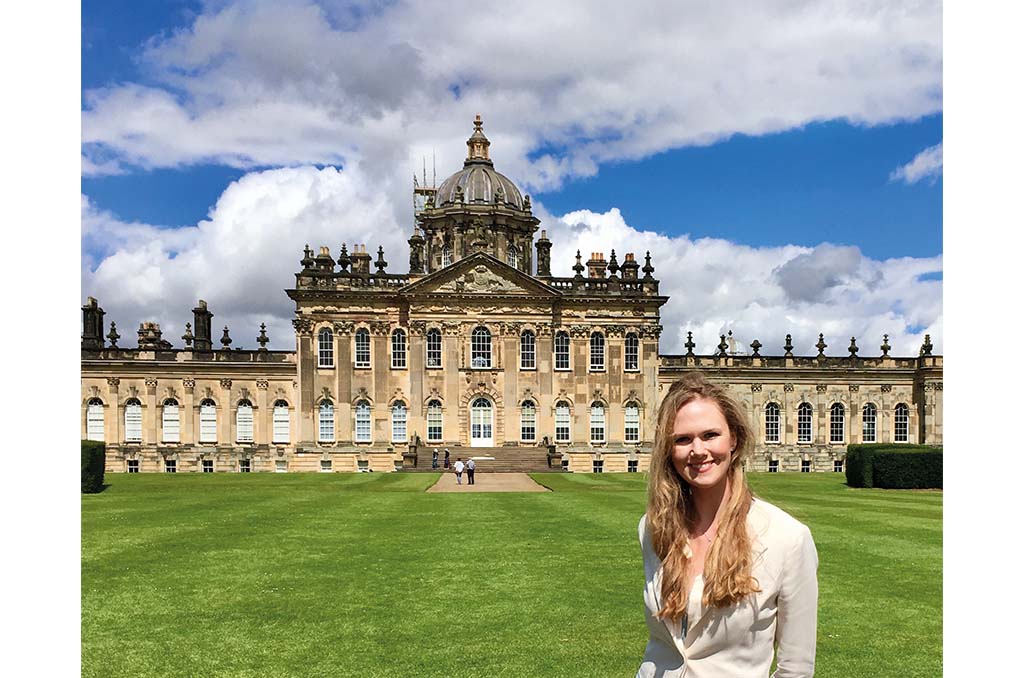Past Just Perfect: Q&A
By
3 years ago

An inspiring Latin teacher and Greek summer camp led author Dr Daisy Dunn to study classics, Eleanor Doughty discovers.
Dr Daisy Dunn, 35, grew up in Wimbledon, and was educated at Ibstock Place School in Roehampton, before attending Lady Eleanor Holles School in Hampton for sixth form. After reading classics at the University of Oxford, she completed a master’s in history of art at the Courtauld Institute, and achieved a PhD in classics and art history from University College London. She is the author of six books; her latest, Not Far from Brideshead: Oxford between the Wars, is published by Weidenfeld & Nicolson.

Did you enjoy school?
Yes, I did – there wasn’t anything I didn’t like except PE. I had really fantastic teachers, particularly in Latin and history.
What was your favourite subject?
At 15 or 16, I’d have probably said either Latin or history, as at that stage I hadn’t heard of classics as a degree. I loved French and art too, so I didn’t fall into any one category and was a bit of everything.
What did you want to be when you grew up?
At one stage I wanted to be an architect, and did work experience in an architectural firm. I was disappointed to realise that in architectural practices today you use computers, rather than doing fine draftsmanship like in Sir Christopher Wren’s day.
How did you find out about classics?
Greek wasn’t on the curriculum at Ibstock Place, so I took Greek GCSE alongside my Latin A-level, taught by my Latin teacher on a Friday night after school. She knew a lot about classics courses, and encouraged me to attend Greek camp [the JACT Greek Summer School] at Bryanston School over the summer holidays, which was two weeks of intense Greek lessons three times a day.
Why did you choose to go to Oxford?
I chose Oxford partly because of the classics course, and partly because of the place itself – I fell in love with Oxford from the moment I saw it. Plus, it was a four-year course, and I fancied having the extra year.
Which college did you attend?
St Hilda’s, which was all-female until my final year when they introduced boys for the first time. I voted against this as I felt it was important that women had their own safe haven. I loved Oxford, but there were certain quarters that felt very male-dominated.
Why is Classics a subject worth studying?
It touches on so many different disciplines, and that’s really useful out in the wider world. It’s also incredibly interesting – you’re studying the great civilisations of the past which continue to thrive today.
Would your teenage self have been surprised by what you’ve done in your career?
I worked so hard as a teenager that I think I’d have been disappointed if I hadn’t made a mark in my chosen area by now. I knew that I had it in me to do something.
Which time period do you wish you could enjoy Oxford in, even more than your own time?
In 1920, women were able to get degrees for the first time, but in 1927 they put a quota on the number of women allowed to study at Oxford. That would have made me cross, so I’d have liked to have been there between 1920 and 1927.
See Ibstock Place School’s online listing here.



